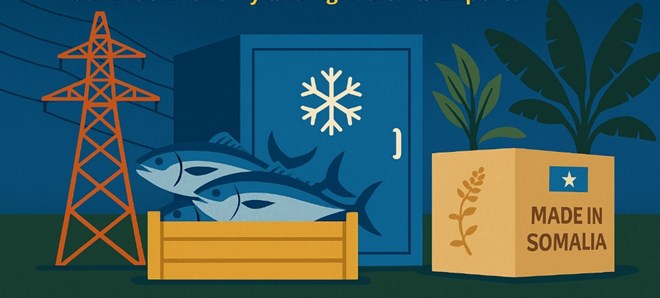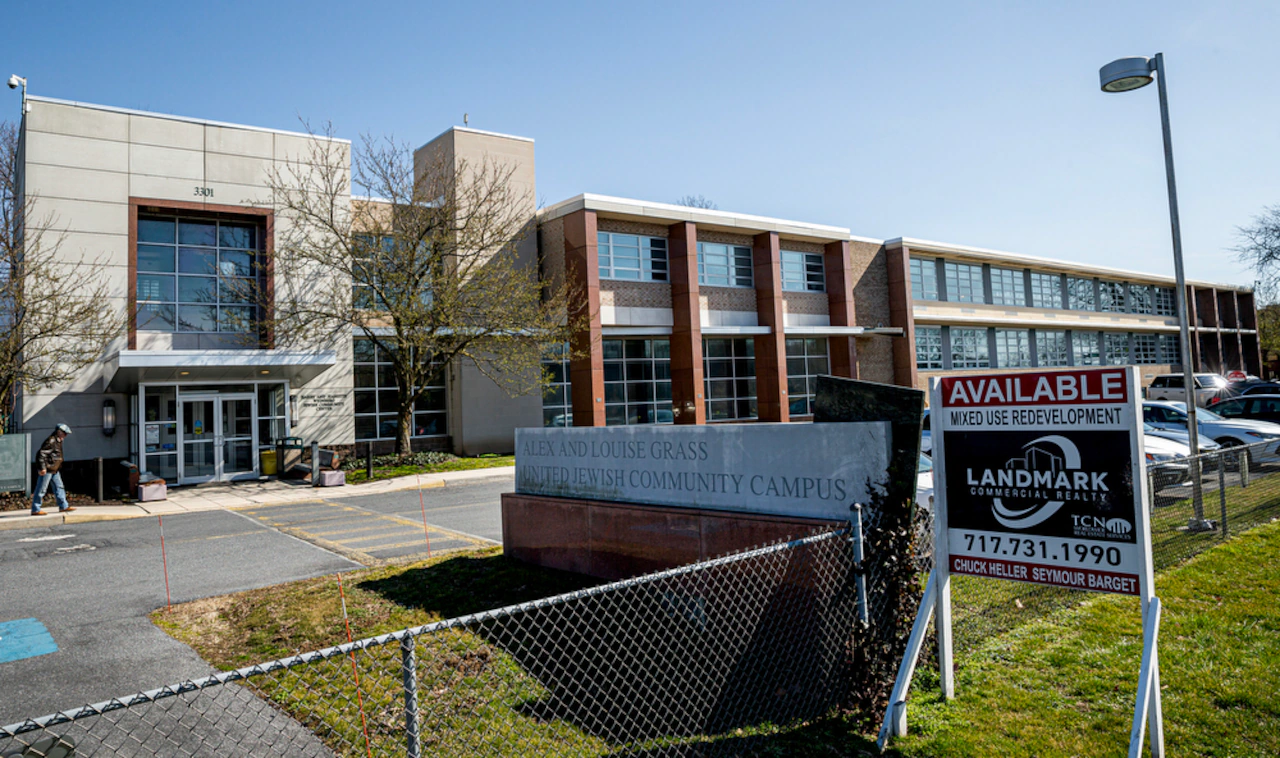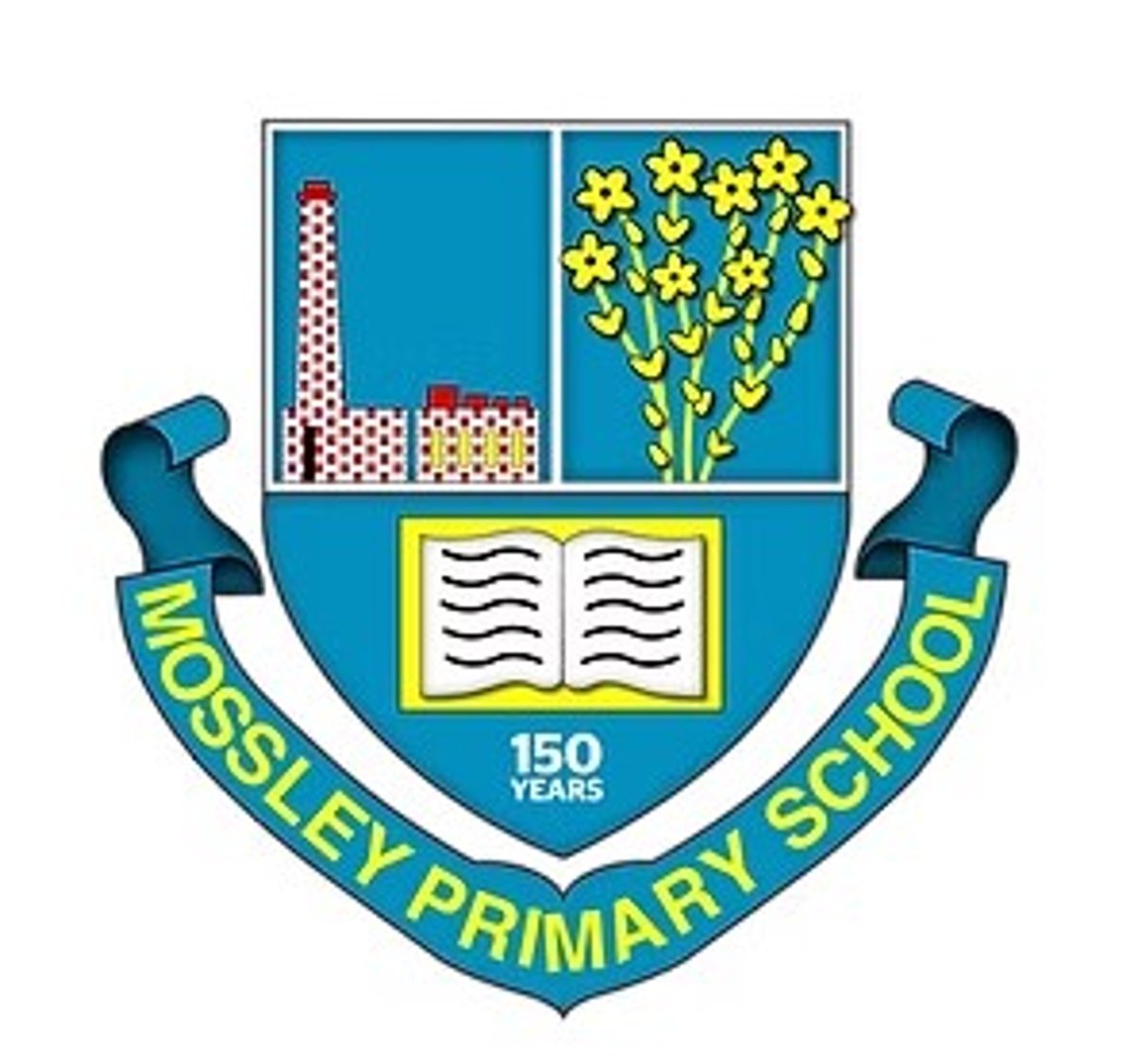Copyright hiiraan

Hiiraan Online Today from Hiiraan Online: Somali Music advertisements How Somalia’s MFA Can Pull the Country Out of Poverty FacebookFacebook messengerTwitterWhatsAppLinkedInTelegramEmail Friday October 31, 2025 By Mohamed Mahmud Allaale An op-ed on Somalia’s New Promise: A practical revolution we can bank on Cheap Power, Investment Visas, Full Cold Rooms for our Blue Economy and Agricultural exports that read “Made in Somalia”. Somalia doesn’t need a miracle; it needs an operating system that turns access into income. The ministry best placed to install it is Foreign Affairs. When the MFA focuses the world’s attention on standards, capital, skills, air routes, energy, and trust, national income rises. This is a practical plan a minister can assign, measure, and defend. Start with the problem as people live it. Asha is 22, lives in Mogadishu. Every dawn she walks past the sea that could feed her family, past a locked ice room that never worked because diesel is too expensive, past a kiosk selling imported fish sticks, outside Liido beach. She isn’t idle. She’s stuck. The paperwork to move fish from Mogadishu to Nairobi takes weeks. The visa for a sesame buyer in Dubai takes months. The electricity to keep today’s catch cold costs more than the fish itself. By noon, good fish becomes bad math. By evening, Asha walks home the long way to delay the conversation she knows is coming. At the kitchen table, her parents whisper about selling the house to fund her Tahriib. A lifetime of savings for a desert gamble because their daughter, with a master’s degree, can’t find a door that opens. No factory to clock into. No cold chain to plug into. This isn’t fate. It’s design. And design can be fixed. It’s five levers pulled together, market access, capital, mobility, reputation, and electricity, and applied across fisheries, livestock and meat, agriculture, oil and gas, rare earths, building materials, light industry, digital services, and aviation. Market access. Somalia already make or can process what premium buyers want. Sesame and Sesame oil (Saliid Macasaro), dried lemons, limes, bananas, frankincense and myrrh (Kobac/Foox) for perfumes, livestock and chilled meat, and high-value ocean fish. In time, hydrocarbons and minerals. The job is to graduate from saying “we have resources” to closing sales with pre-agreed paperwork. The MFA should: secure mutual SPS and halal recognition with top markets; publish rules of origin; pre-clear priority corridors; and set seasonal shipping windows that buyers can plan around. Containers and pallets should move on schedules, not on hope. Plans mean little without affordable capital. Fast-track tax treaties and investment-protection deals with capped, time-bound arbitration. Launch a trade-finance guarantee through partner banks so verified export orders get working capital. Offer diaspora bonds tied to specific exports, fish, chilled meat, sesame, limes, with audited returns. Bottom line: funds are safe, exits clear, timelines enforced. Deals die when people can’t move. For priority sectors, issue project-linked business visas in three days for buyers, technicians, lab auditors, and certifiers. Extend agreements on visa-free access for Somalia’s diplomatic and service passports to markets where we negotiate access, so officials can show up, sign, and follow up the same week. Upgrade air-service agreements with reputable airlines such as Turkish Airline to add cargo-friendly slots on routes our exporters use and negotiate block-space deals tied to harvest and fishing seasons. Mobility turns meetings into contracts and contracts into payroll. Reputation and data. Trust lowers costs. Some Somali exports have faced restrictions due to compliance and security concerns. Replace doubt with proof: publish the public list of accepted labs and inspectors; require end-to-end provenance, lot numbers, inspector IDs, timestamps, temperature logs, and beneficiary records; join relevant standards bodies and publish reliability data, on-time shipments, rejections, recalls, fixes. Shut down relabeling that strips our origin premium. Value earned by “Made in Somalia” should stay with Somali firms. Electricity. Money follows power and jobs follow money. Import hydropower from Ethiopia’s GERD now to cut diesel costs, while we build wind and solar at home. Anchor a predictable long-term tariff so investors can price projects. Cheap, reliable electricity pulls capital into cold chain, food processing, abattoirs, textiles, tanneries, storage, milling, packaging, and data centers. Align power with ports, roads, and subsea cables so the whole system compounds. Sector playbooks Fisheries. Lock SPS recognition, vessel monitoring, and traceability. Treat the air bridge as part of the fish business: belly space for fresh exports, quick-turn freighters on peak days, and interline deals to Gulf and Asian hubs with onward connections to East Asia and Europe. Use sea-air when volumes spike, reefers to hubs, final leg by air. The schedule follows the catch, and manifests clear before wheels-up. Train inspectors, certify plants, and publish monthly reliability scoreboards. Livestock and meat. Restore access to premium Gulf markets with a single compliance narrative: vaccinated herds, auditable traceability, accredited quarantine stations, and export-grade abattoirs near ports. Where possible, shift from live-only shipments to chilled and frozen cuts to keep value at home. Pair long-term offtake agreements with predictable shipping slots and enforce cold-chain discipline from chiller to aircraft hold. Link fodder production, vets, and labs to export pipelines so quality doesn’t break at the last mile. Agriculture. Focus on high-margin lines we already grow, sesame, limes, bananas, chilies, onions, and honey, and the staples that lower household prices like grain and animal feed. Push practical upgrades: storage that cuts post-harvest loss, washing and grading lines, food-safe packaging, and a small quality desk that signs what buyers want. Tie irrigation and solar pumps to micro-finance so small farms scale without debt traps. Rebuild dried-lemon and frankincense with traceability and fair-pay ledgers buyers can audit. Oil and gas. The goal isn’t headlines; it’s disciplined sequencing. Complete legal frameworks and transparent model contracts, pre-agree environmental and community standards, and require timeline-bound work programs. Link exploration to skills training, marine safety, and service-sector growth so local firms capture logistics, catering, maintenance, and fabrication. When hydrocarbons arrive, ring-fence revenues to power, skills, and debt reduction, not short-term consumption. Rare earths and minerals. Map deposits, publish open data, and invite reputable partners under contracts that require value-addition inside Somalia. No export of raw ore where economic refining is viable. Build a minerals lab, set export standards, and ensure revenue transparency. Protect roads, water, and grazing corridors in logistics plans. The MFA’s job: verify buyers, secure smelter slots, and police reputations so we don’t trade tomorrow’s environment for today’s cash. Building materials and light industry. Lower electricity prices and you invite investment in cement grinding, gypsum boards, tiles, rebar cutting, foam and mattress lines, and furniture assembly. These aren’t prestige projects; they’re job engines. Negotiate technology partnerships and vocational pipelines tied to real factories. Make room for women-owned SMEs in packaging, uniforms, and simple components that supply bigger plants. Attach each new plant to a port plan, a power line, and a training program the day permits are issued. Digital services. Our mobile-money base is a strength. Promote data centers powered by renewables and reliable grid connections. Negotiate regional peering, cloud credits for startups, and cyber standards so international firms can place workloads here. Encourage back-office services for the region, customer support, billing, claims handling, content moderation, linked to English, Arabic, and Turkish skills. Build secure e-government portals so permits, taxes, and trade documents move online and on time. Tourism and aviation. Start small: medical referrals, religious tourism, and coastal weekends tied to improved security zones. Use Somali Airlines and partners to stabilize schedules. Airports that handle perishables well also handle people well; process upgrades benefit both. Pair routes with destination standards on safety, hospitality training, and payment systems. A reliable national carrier also multiplies trade by matching cargo belly space to our export seasons. Why this matters at home is obvious. Somalia is the one place where most of the young don’t work, not by choice, but because there aren’t enough places to clock in. No factories humming after sunset. Or even at Sunrise. Too few cold rooms along Continental Africa’s longest coastline. Make the ocean pay households, and let it fly. Somalia sits on 3,300 kilometers of Indian Ocean coastline with high-value species, tuna, lobster, cuttlefish, octopus. Buyers in Tokyo, Dubai, Jeddah, and Paris don’t buy promises; they buy cold, clean fish with trusted paperwork. So we lock the basics: SPS recognition, vessel monitoring, traceability, and logistics on a clock, dock to chiller in minutes, chiller to aircraft without drama, manifests cleared pre-departure. As labs and cold stores hit export grade, Somali Airlines becomes the front end of a seafood network: belly space for fresh loads, quick-turn freighters on peak days, interline or block-space deals to the Gulf and Asia, codeshares onward to East Asia and Europe. Run sea-air: reefers to hubs, final air leg. The cargo schedule follows the catch. Practical lessons from others, applied to our scale China: Moved from an agrarian base to the world’s factory by getting the sequence right: build power and ports first, create zones with predictable rules, used standards to unlock markets, and make on-time delivery a habit. The lesson isn’t self-sufficiency. It’s producing for the world at prices the world is will to pay, then reinvesting to upgrade the home economy. Türkiye: After the 2001 crisis, Turkiye stabilized, built a regulatory spine, leveraged its geography, and turned logistics into an advantage. Today Turkish Airlines connects the world, the country builds electric cars like Togg, and it exports battle-proven drones that reshape modern warfare. The lesson: credibility, capability, deadlines, and a national airline that multiplies trade. Vietnam: Đổi Mới let farmers and small firms sell freely, welcomed investors, set up export zones, and fixed the basics: power, ports, predictable rules. They didn’t chase headlines; they made it easy to make and ship things. Twenty years later they were exporting phones, garments, and furniture. Our takeaway: pick a few products, guarantee cheap power and fast permits, and measure success by containers leaving the port. Partnerships that convert With Türkiye: build on defense, infrastructure, education, and offshore exploration. Ask for what converts quickly: cargo slots tied to fisheries seasons; port and airport upgrades that cut turn-around time; vocational programs linked to live plants; and help to pre-clear cold chain into at least one EU hub through their network. With China: target cost-cutting infrastructure, power, ports, roads, digital backbones, training for standards labs, and “first-anchor” manufacturing with real buyers. Focus on supplier development for packaging, cold-chain equipment, and simple electronics assembly that feeds regional demand. A twelve-month scoreboard The MFA should deliver six things within a year: Conclude two mutual SPS or halal recognition deals. Run ten test shipments with public audit trails from source to buyer. Secure three-day visa service for priority buyers and technicians from at least five countries. Sign one long-term power-import agreement that cuts industrial tariffs. Open a trade-finance guarantee window through partner banks. Publish a monthly reliability dashboard for exports, visas, and energy prices. Tie every embassy to a sector target and a number: one corridor cleared, one buyer landed, one shipment audited, one investment closed. Whole-of-government support Parliament should fast-track investment-protection and arbitration bills. The Central Bank should host the guarantee window and clear settlement rails. Regional governors and the mayor should deliver one ice plant, one grain store, and one milk-chilling point per district and publish dates. Universities should align training to live factory needs. Local media should track the scoreboard and expose bottlenecks, not as scandal but as a national to-do list. Three rules of discipline Standards slippage: Keep a public list of accepted labs and inspectors and treat everything else as noise. Paper treaties with zero trade: tie each agreement to at least one real shipment within sixty days. Reputation shocks: Answer with facts and fixes, and publish what went wrong and what changed. When we miss, we fix. When we hit, we scale. Here’s the point. Somalia ships on time. To citizens, that means shifts and steady cash flow. To partners, it means reliability they can audit. To our leaders, it means a Foreign Ministry that measures deliveries and moves national income. Flip the switches that matter. Somalia can turn paperwork into payroll. Let us be known not for what we promise but for what leaves our ports on time and arrives cold, clean, certified, and paid for across the EAC, the Gulf, Europe, the Americas, and Southeast Asia. The sea is generous, and the land is generous. Sign what needs signing. Publish what needs publishing. Fund what earns. Cut what delays. Then let the country hear not speeches but the steady sound of work. Work that pays everyone. Mohamed Mahmud Allaale is a senior communications consultant, diplomat, and Communications Advisor to Somalia’s Ministry of Foreign Affairs. He holds a Master’s in Journalism and Media Studies from Multimedia University of Kenya. Opinion| Privacy Policy|Sports|Somali Music|Somali Map All Rights Reserved Copyright. © 1999-2025, www.hiiraan.com



